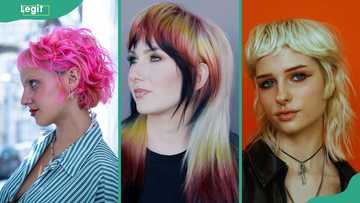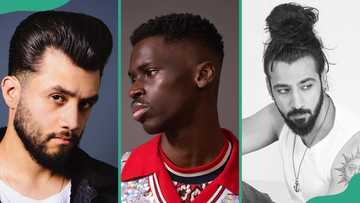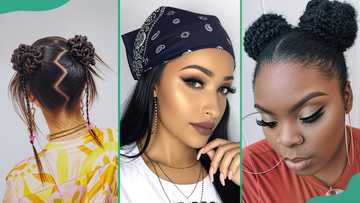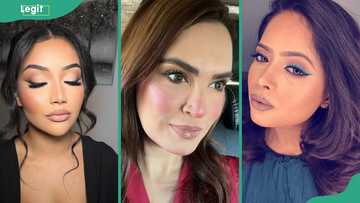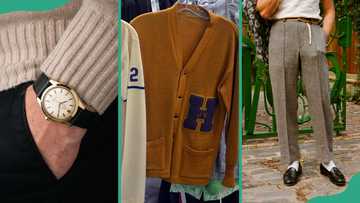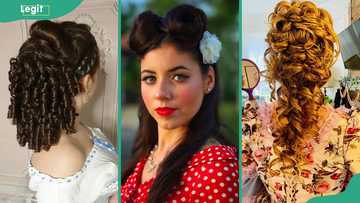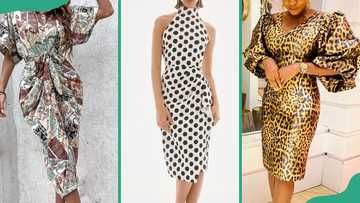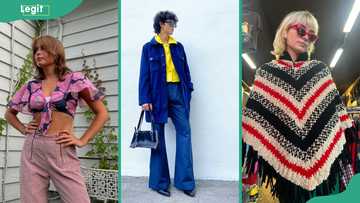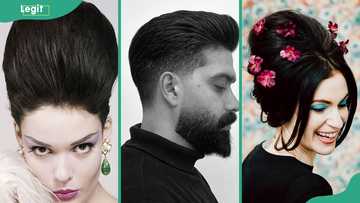1920s makeup set a daring new standard, with porcelain skin, smoky kohl eyes, deep red cupid’s bow lips, and rouge tapped on by fingertip, defining the era’s beauty ideals. Lisa Eldridge, a renowned makeup historian, stresses avoiding the wrong gold shades and harsh black shadows, while highlighting watercolor blush and brow experiments worth bringing back today.
Source: UGC
TABLE OF CONTENTS
Key takeaways
- In the 1920s, eyebrows were often plucked or completely shaved, then carefully pencilled into thin, high arches to enhance expression and add dramatic flair.
- During the 1920s, makeup became more portable with innovations like metal lipstick cases and compact powders, making beauty touch-ups fashionable and accessible.
- Actresses like Clara Bow and Louise Brooks set beauty trends with their bold makeup looks, inspiring fans and driving a surge in cosmetic sales.
- Skip harsh black eyeshadows, but opt for cool-toned browns and grays instead.
- Use multiple shades to create a watercolor blush effect.
Iconic 1920s makeup trends and techniques
The Jazz Age and flapper culture ignited a beauty revolution, transforming makeup into a bold, expressive, and unforgettable art form. Here are the standout typical 1920s makeup trends and techniques that defined the era.
1. Cupid’s bow lips
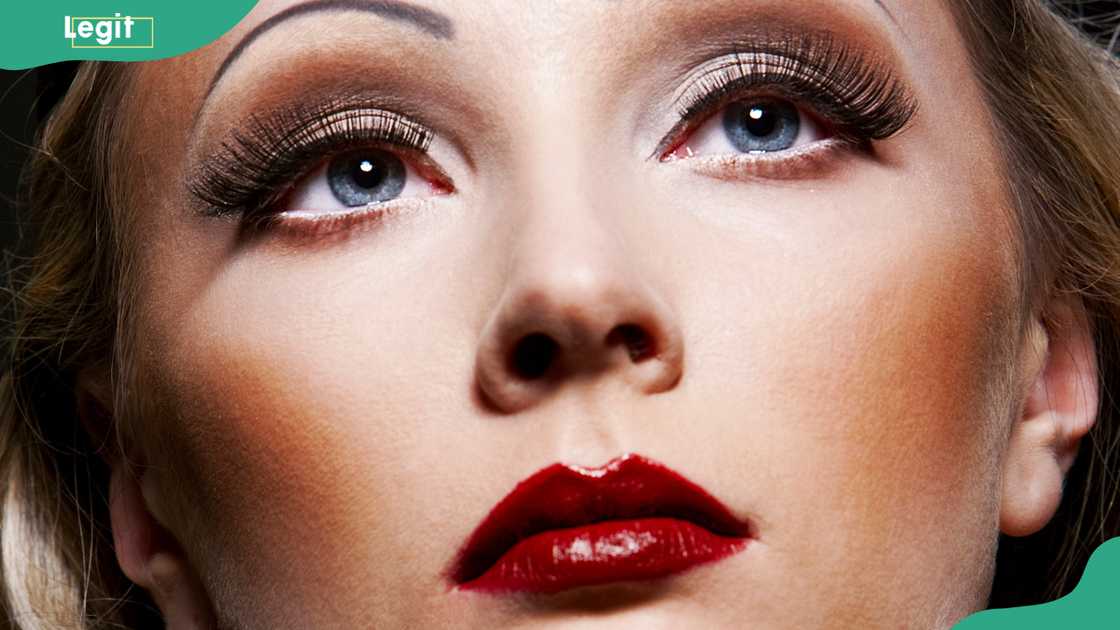
Source: Getty Images
In the 1920s, the Cupid’s bow lip became iconic, inspired by silent film stars like Clara Bow. The technique involved emphasising the upper lip’s curve while downplaying the corners to create a small, doll-like mouth. Bold shades like red, plum, and burgundy were applied with a lip brush for precision, creating a dramatic, feminine finish.
2. Pencil-thin, arched eyebrows
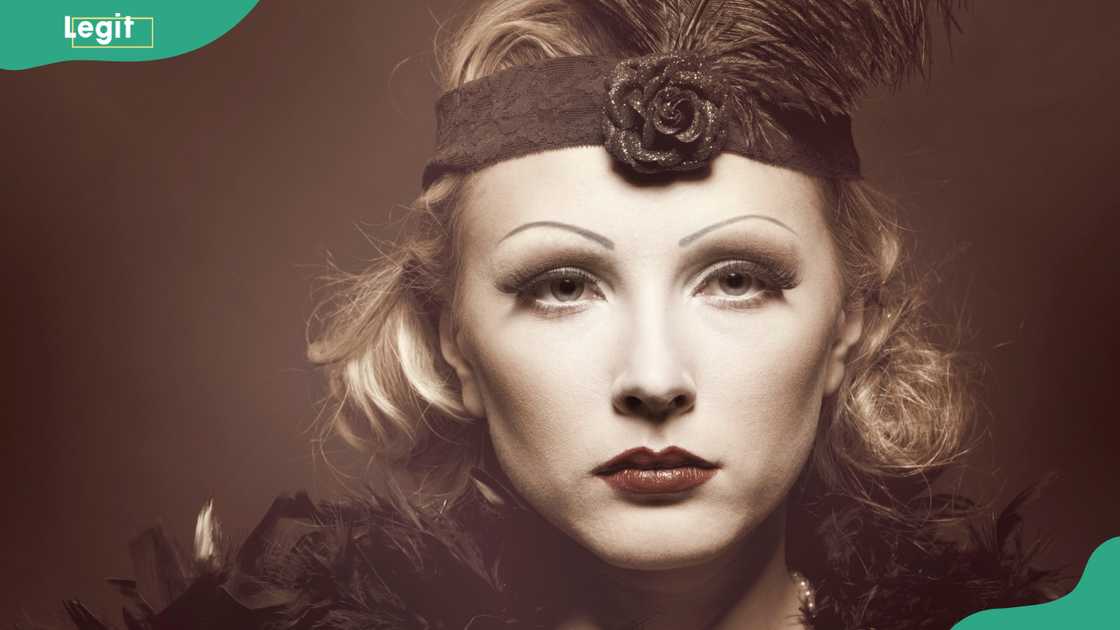
Source: Getty Images
During the Roaring ’20s, pencil-thin, highly arched eyebrows became a signature look, designed to enhance facial expressions and draw attention to the eyes. Women often plucked their brows into fine lines or shaved them off entirely to redraw exaggerated arches higher on the brow bone.
Using eyebrow pencils, they created smooth, dramatic curves that added a theatrical, almost melancholic elegance
3. Rosy, round cheeks
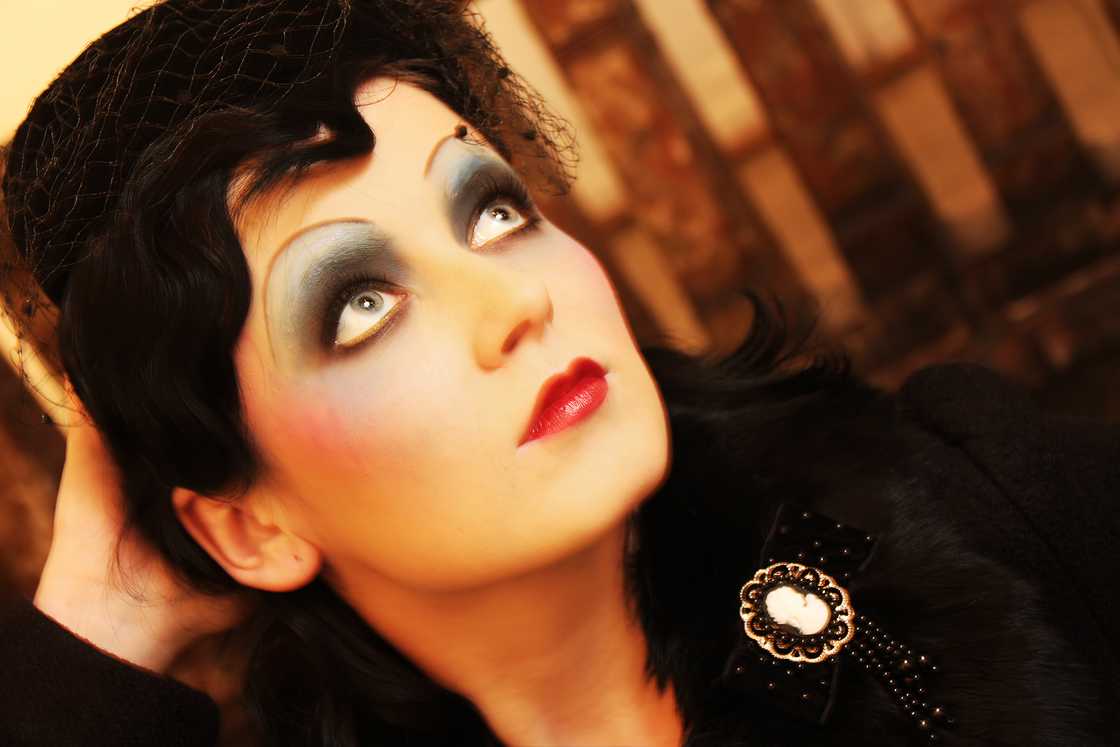
Source: Getty Images
Rosy, round cheeks were a signature part of 1920s makeup. Rouge was applied in a circular motion on the apples of the cheeks to bring warmth and a healthy flush to the pale, powdered complexion.
Available in cream or powder form, rouge came in shades such as pink, coral, and rose. Often applied with fingers or puffs, it added a soft, youthful glow that balanced the bold eyes and lips of the flapper look. Homemade rouge was created from beet juice or berries.
4. Smoky, kohl-rimmed eyes
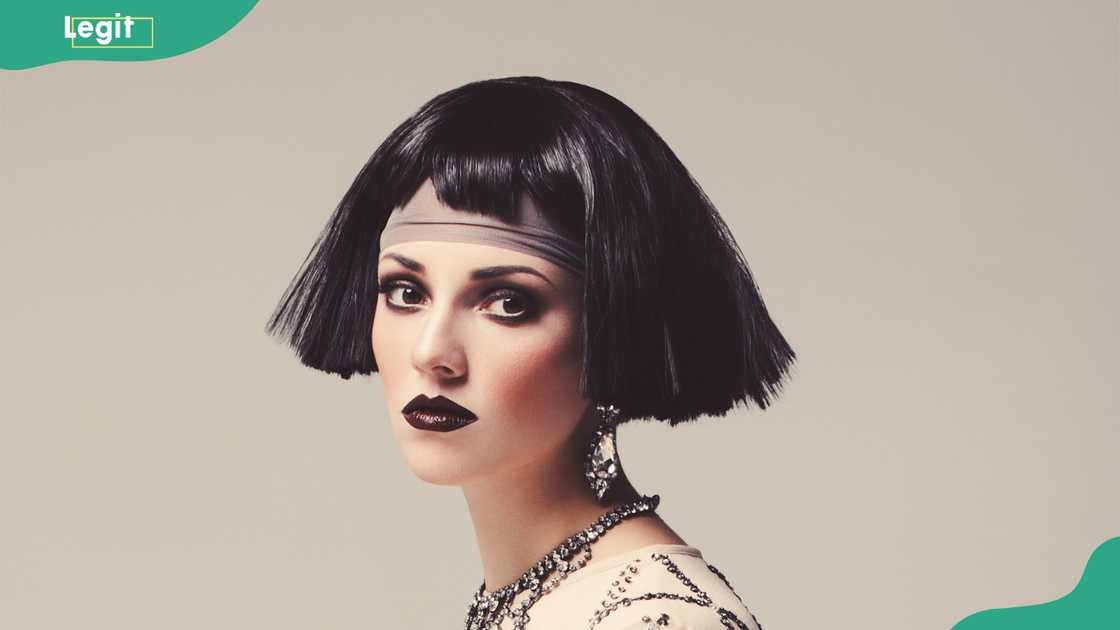
Source: Getty Images
Smoky, kohl-rimmed eyes were a defining beauty trend of the 1920s, known for their dark, smouldering effect that drew immediate attention to the eyes. Women applied kohl, soot, or charcoal-based eyeliner heavily around both upper and lower lash lines, sometimes extending it for extra drama.
To enhance the look, they blended dark eyeshadow, often in shades of grey, brown, or black, across the lids. This was typically done using fingertips or small brushes to create a soft, shadowy finish that completed the bold, dramatic style.
5. Pale, matte complexion
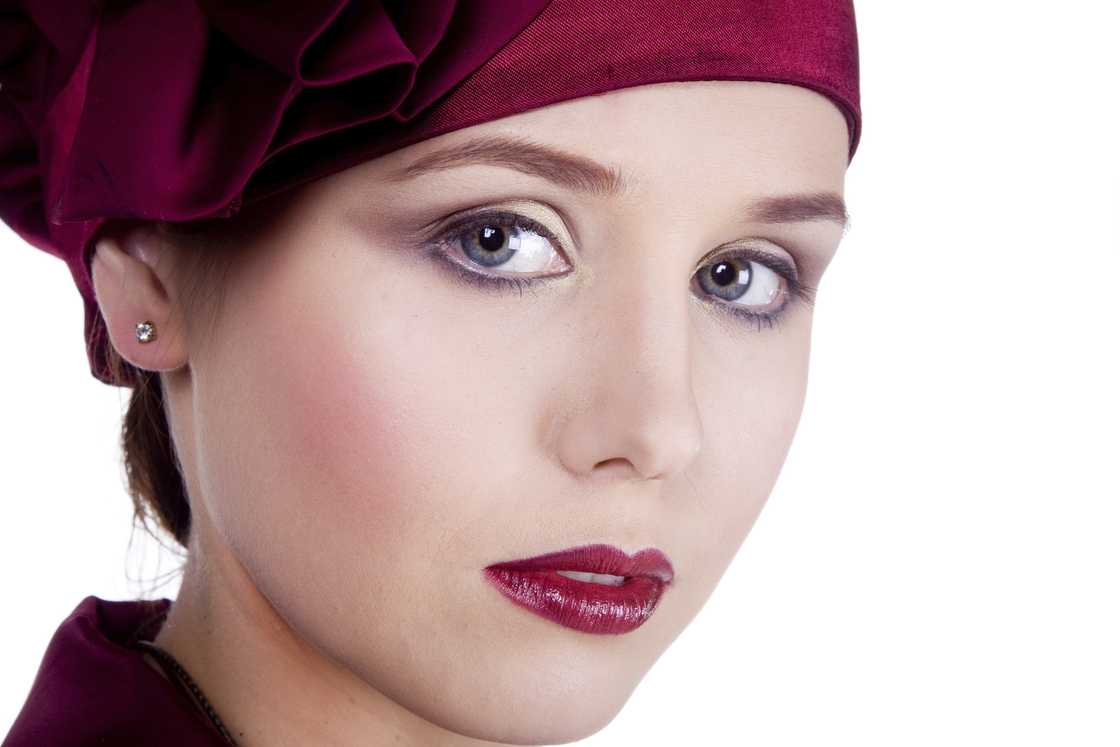
Source: Getty Images
A pale, matte complexion was the foundation of 1920s makeup, creating a smooth, porcelain-like base that highlighted the era’s bold eyes and lips. Women used light face powders, often made with rice powder or other homemade cosmetic blends, to achieve a soft, velvety finish with no shine.
To prepare the skin, they first applied a layer of cold cream or greasepaint foundation, which helped even out the complexion and allowed the powder to adhere better. This flawless look not only reflected the trend for fair skin but also enhanced the contrast with dramatic makeup.
6. Eyeshadow in bold colours
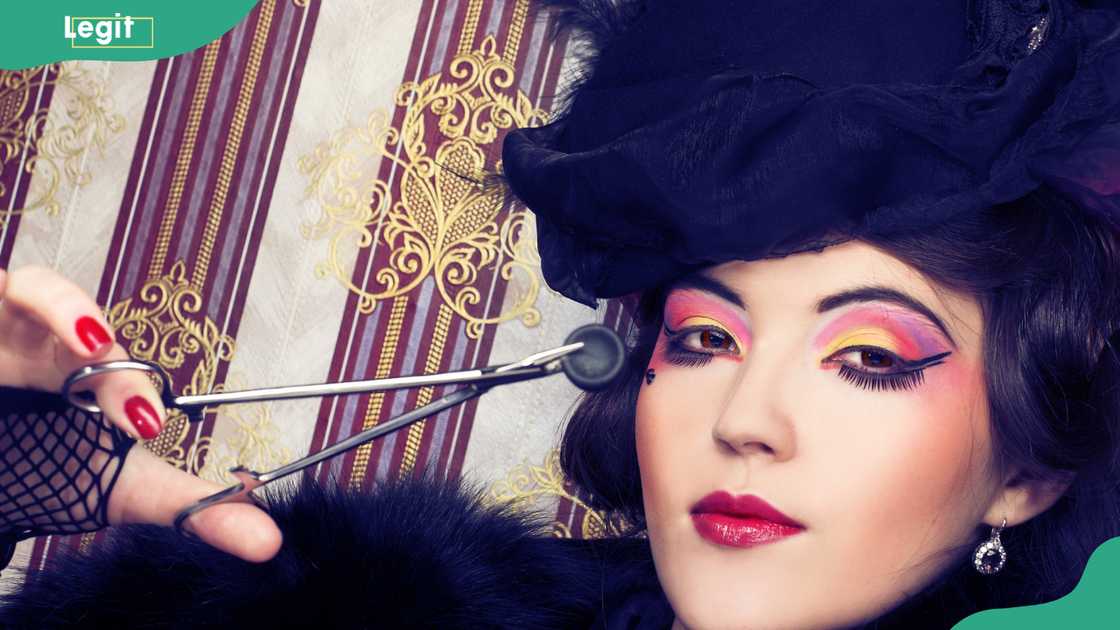
Source: Getty Images
In the 1920s, women began exploring bold eyeshadow shades such as blue, green, violet, and gold, while black and grey remained staples. Applied with fingertips for a soft, smoky finish, these vibrant colours added drama and flair, especially for evening outings.
To intensify the effect, eyeshadow was often layered over a base of cold cream, which helped the pigment adhere more effectively. This technique gave the colours a richer, more luminous appearance under dim lighting.
7. Lashes darkened with cake mascara
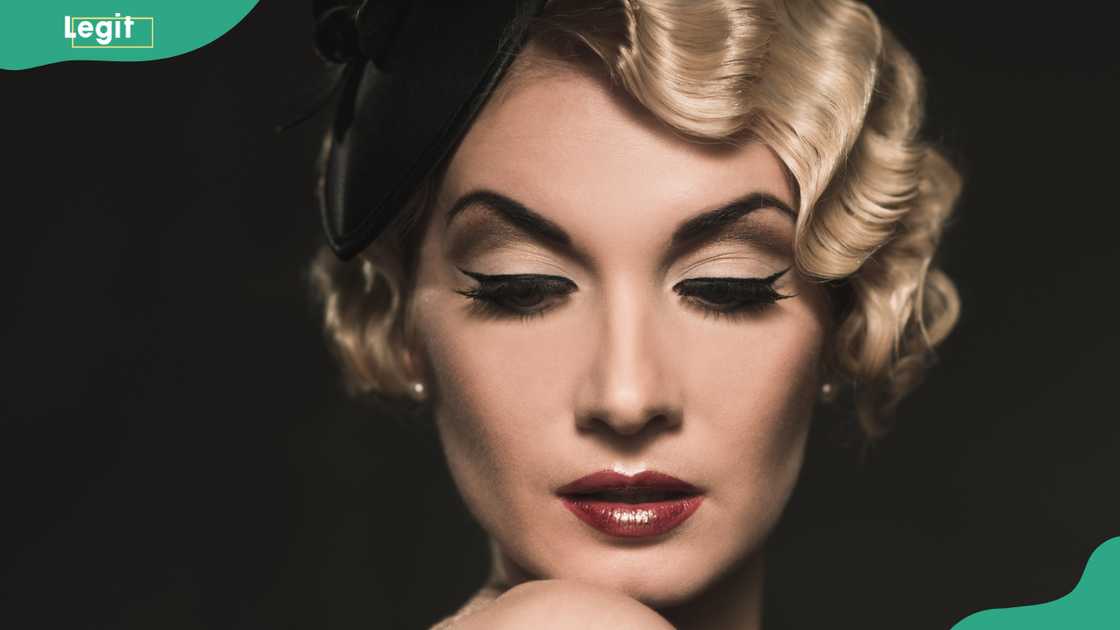
Source: Getty Images
Lashes darkened with cake mascara were the go-to for achieving defined, dramatic eyes. The solid mascara was activated with a few drops of water and applied using a small brush or wand. This added subtle length and volume, creating a soft, flirty lash look that complemented the era’s bold eye makeup.
8. Beauty spots or artificial moles
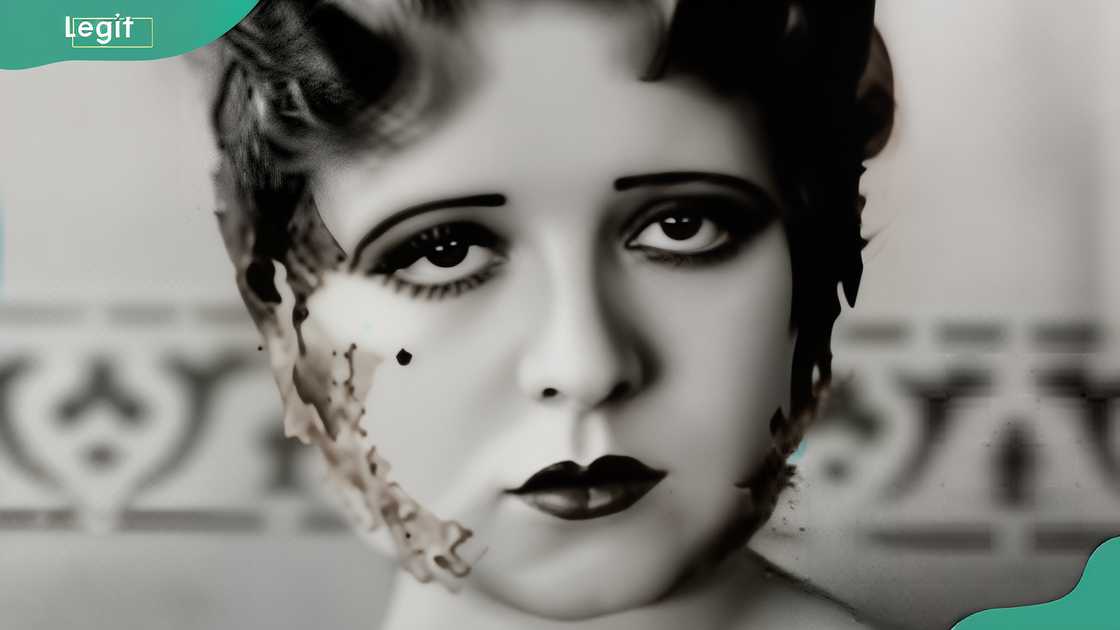
Source: Getty Images
During the Jazz Age, beauty spots made a stylish comeback, reflecting earlier trends. Women used eyebrow pencils or eyeliner to draw small, deliberate marks near the mouth, cheek, or eye to add a playful, flirtatious touch. These spots were viewed not as flaws but as elegant accents that enhanced facial features.
9. Petroleum jelly for shine
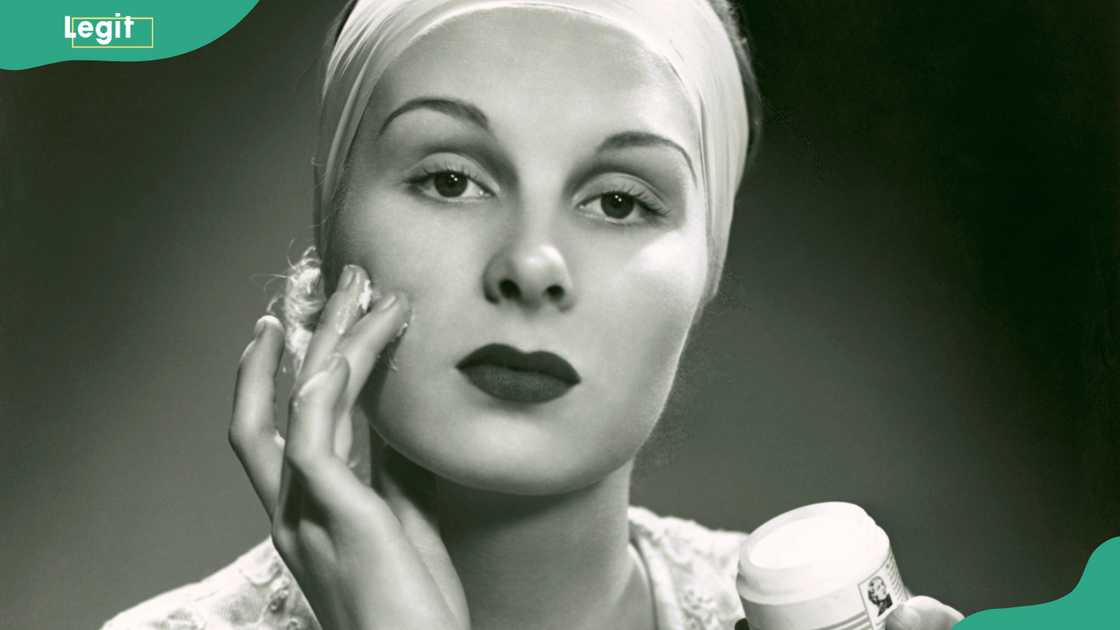
Source: Getty Images
Before modern cosmetics, women in the Roaring ’20s used petroleum jelly, such as Vaseline, as a multipurpose beauty tool. They applied it using fingertips or cotton swabs, dabbing it onto the eyelids for a soft, dewy glow and smoothing it over the lashes for a glossy finish.
It was also gently stroked through the eyebrows to tame and shape them before brow gels existed. This simple technique added subtle shine and polish, making it a trusted part of the flapper’s bold beauty routine.
10. Faux eyelashes
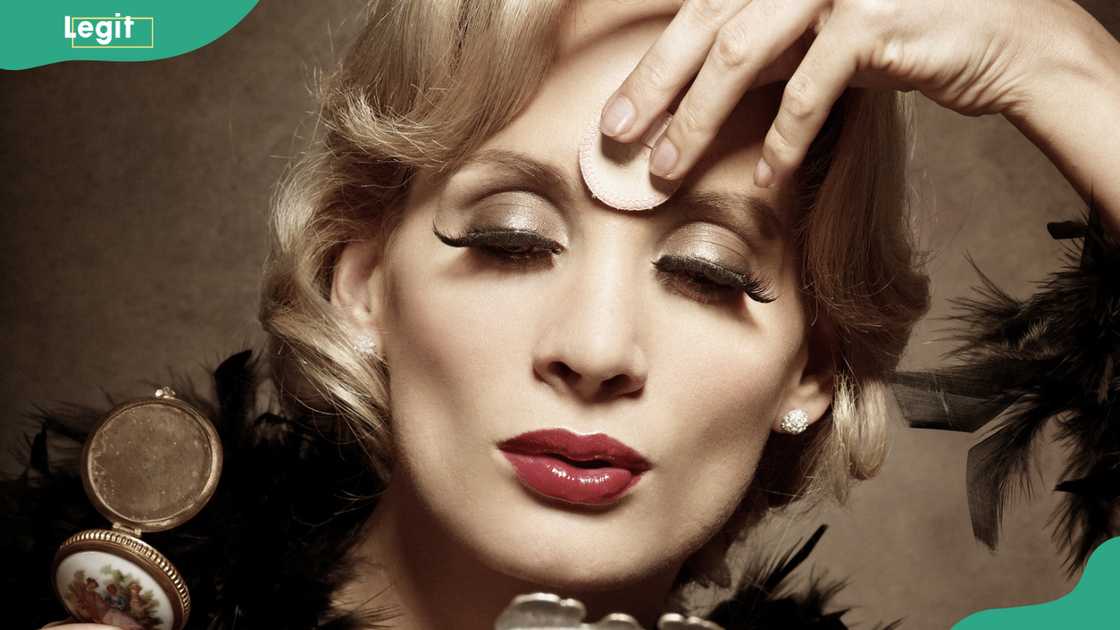
Source: Getty Images
False eyelashes, invented in the 1910s, gained popularity in the 1920s as flappers and film stars embraced bold eye makeup. Made from human hair or fine threads, these early lashes were carefully trimmed to fit the eye and glued along the lash line using spirit gum or similar adhesive.
11. Skin care
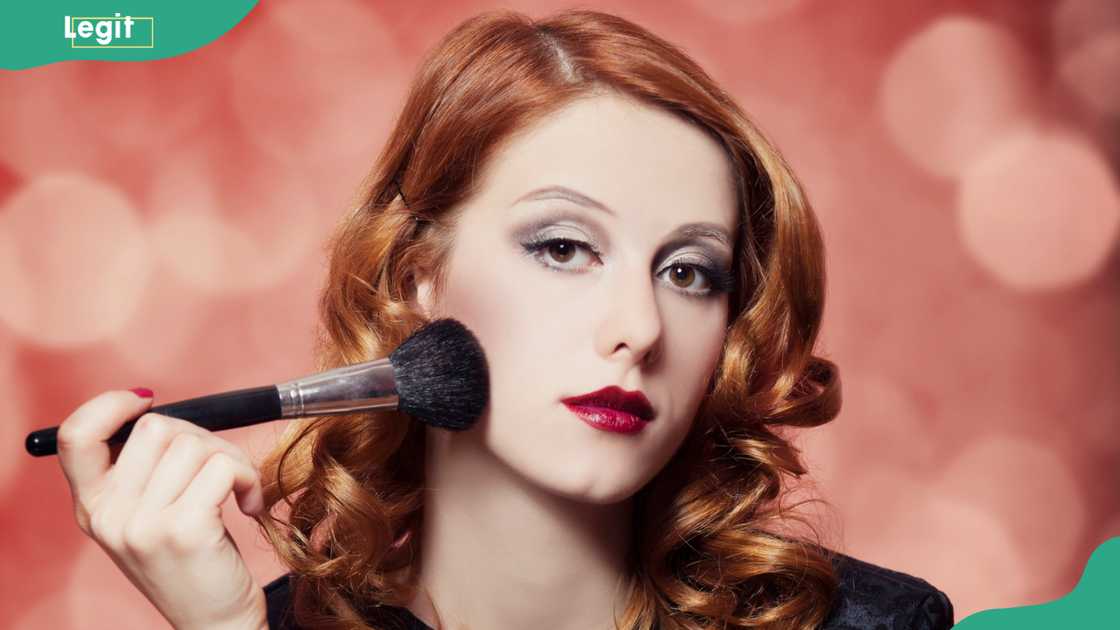
Source: Getty Images
Cold cream was a key part of 1920s skincare, used to cleanse and moisturise the face before and after makeup. Women massaged a thick layer onto the skin to dissolve dirt, oil, and cosmetics, then wiped it away with a soft cloth or tissue. It hydrated the skin, smoothing powder application and preventing dryness, a key to the vintage glow up.
How do you do 1920s eye makeup?
Follow these simple steps to achieve an authentic vintage look, complete with smoky eyes, defined arches, and a touch of shine.
- Apply a dark eyeshadow: Use shades like charcoal, brown, or plum, and sweep the shadow in a soft, rounded shape over your eyelids and along the lower lash line to create a classic smoky effect.
- Line the eyes with kohl: Use kohl eyeliner on both the upper and lower lash lines. Smudge the edges gently for a soft, diffused finish; sharp lines were not common in the 1920s.
- Add generous coats of black mascara: For the most authentic touch, opt for cake mascara if you can find it. Otherwise, a standard black mascara works; apply it generously to enhance the lashes.
- Shape the eyebrows: Draw thin, elongated arches using a dark eyebrow pencil to mimic the iconic brow shape of the decade.
- Dab a bit of shine: Finish with a vintage flair by applying a small amount of petroleum jelly on the eyelids for a subtle, glossy effect.
Common mistakes to avoid when recreating the 1920s makeup look
When experimenting with 1920s makeup, modern makeup enthusiasts often make a few key mistakes. Lisa Eldridge, a well-known makeup historian, explained in one of her vintage-inspired tutorials she shared with Legit.ng that these mistakes can make the look feel more like a costume than an authentic tribute to the era. Here’s what she pointed out to watch for:
Using the wrong gold tones
Eldridge explained that not all that glitters is gold and emphasized the importance of avoiding gold that is “too yellow or too green. The most important thing here, of course, is finding a gold that complements your skin tone.”
Avoiding black shadows
Although dramatic black eyeshadow is popular, it hasn’t always been the default for a smoky look. Instead, Eldridge advises against overusing dark shadows and recommends choosing “cool-tone browns and grays.”
Underrated 1920s techniques worth bringing back
Beyond mistakes, Eldridge shared some overlooked techniques that should make a return, like:
- The watercolor blush effect: This technique offers an artistic way to layer colors that is both elegant and intricate.
- Experimental 1920s brows: While the era is known for its pencil-thin brows, the expert points out that they also tried bleached, blocked-out, and even gold eyebrows.
What colour lipstick did they wear in the 1920s?
Deep reds, crimson, burgundy, plum, and raspberry were among the most popular colours. Darker shades were often worn for evening looks, while slightly softer reds or raspberry tones were preferred during the day.
1920s makeup marked a decade of fearless change, where beauty and boldness went hand in hand. Shaped by the Jazz Age and the rise of flapper culture, women embraced dramatic eye makeup, bold lips, and sleek, refined features, many of which still influence today’s beauty trends.
Legit.ng published an article about classic 1920s men’s fashion. The 1920s emphasised tailored suits with high-waisted trousers, vests, and structured jackets. The overall style exuded elegance, refinement, and a touch of playful sophistication.
The 1920s saw a shift from stiff, formal Victorian and Edwardian clothing to a more relaxed, stylish, and comfortable wardrobe. Dark colours such as navy, charcoal, and brown were common for formal wear, while lighter shades like beige, pastel blue, and cream suited casual or summer outfits. Learn more in the post.
Proofreading by Kola Muhammed, copy editor at Legit.ng.
Source: Legit.ng
